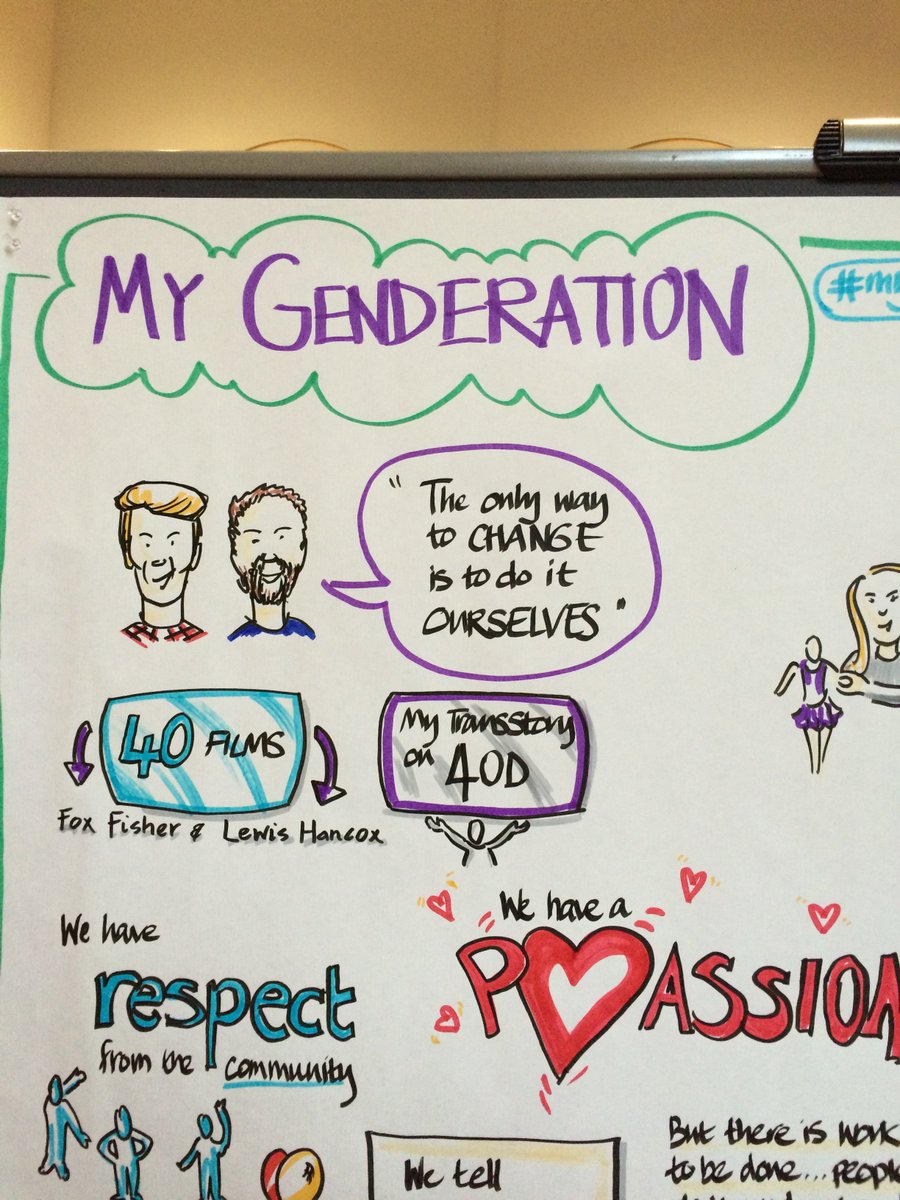As Twitter followers will know, I spent today in London at an event run by the Government Equalities Office. They wanted to hear from trans activists about our thoughts on the media. Interesting, you would have thought.
Of course the event was in London, and started early enough in the morning to ensure that anyone coming from outside the city either had to pay a fortune in peak hour fares or get a hotel room for the previous night. Even then the fares aren’t cheap. I wouldn’t have been able to go if I wasn’t able to stay with friends (thanks Karo & Tommi), and if LGBT Bristol hadn’t offered to help with the cost. Now I’m feeling guilty about putting in an expenses claim, because the event was a total waste of my time.
That wasn’t because of the government people, who spent the morning either listening respectfully or asking useful questions. Nor was it the fault of Vicky from the LGBT Consortium who organized the meeting. Rather it was because of the relentlessly negative attitude of some of the other attendees.
OK, I know I don’t have much experience of talking to national government. But here are a few things I would think are obvious.
1. If you are asked to provide some positive suggestions of ways forward, don’t spent the entire time moaning about things that don’t work, especially if the things you are moaning about are things that the civil servants you are talking to can’t do much about.
2. If other people put forward positive suggestions, don’t immediately jump on them and dismiss those suggestions.
3. If you are lucky enough to have a local authority offering significant amounts of money for trans people to take a role in local decision-making, don’t tell the national government people that the initiative in question is a waste of time because trans people don’t come forward to take part.
The first half of the morning was actually quite good. We went through the really quite heartwarming amount of media coverage of trans people that is going on. Only yesterday it was announced that a trans actor was being cast in a trans part in Eastenders. That’s huge. Of course there are always things that can be done better, but the improvement over the last few years (basically since My Transsexual Summer aired) has been dramatic.
There were good points made by people like Jane Fae that the national media isn’t making programs for trans people, it is making them for cis people. But that doesn’t mean that you can’t tweak the language, and the narratives, to present trans people in a better light. Sense8 did this very well, and Jane herself came up with some great ideas for how trans characters in soaps could be involved in trans-related plots without everything having to be a transition story.
I was also pleased to see that some people had noticed that the US media do a rather better job on diversity than the UK does, rather than just assume that British is Best. More of this later.
The second half of the morning was where Vicky wanted us to come up with some ideas for going forward, and it was moan, moan, moan, moan, moan, moan, moan, moan, moan.
Sometimes that’s the only thing you can do. Meetings with the NHS tend to go that way. That’s partly because we are talking directly to the people responsible for treating us appallingly, and partly because there’s nothing much we can do to work around the issue. The media situation is different.
I quite understand that people like Helen Belcher and Jane Fae are sick and tired of beating their heads against the national newspapers and getting nowhere. The regulatory regime that we have now is, if anything, worse than we had before the Leveson inquiry. But that’s not just us. Even the Prime Minister can’t stop the Daily Mail writing malicious articles about him. What chance do we have?
In any case, complaining doesn’t work. These days any company or public body worth its salt employs teams of people to ensure than customer complaints are deflected. That’s either passively through endless bureaucracy, or aggressively through legal threats. Again, that’s not just us. Everyone has this problem. There’s not much that anyone in the Civil Service can do to fix it.
Equally we are not going to have much luck with the national TV companies, or with Hollywood, unless we have money (like the Wachowskis) or can pitch them ideas they find attractive.
The reason that the Americans do much better than we do on diversity is that they have a bigger market, and can make money with diverse programming. We don’t have that in the UK. We have local media. The problem is that they can’t make money. Community radio, community TV, operations like Bristol 24/7, all rely to a large extent on volunteer labor. It is the same in publishing. The big multi-nationals are obsessed with finding the next best seller, while small presses do a much better job on diversity.
By working with community media we can get trans people involved in program creation, and even presenting programs. We can also get stories that are much more trans-positive. It’s not sexy. It’s not glamorous. But it makes a difference, and it can be done for comparatively small sums of money. Frankly, most community media companies are so strapped for cash that if they government were to offer small grants for diversity-related programming they’d find people queuing up to apply for them.
However, if I want to make that happen it is pretty clear that I’ll have to do it my myself, or with the help of supportive cis people.



